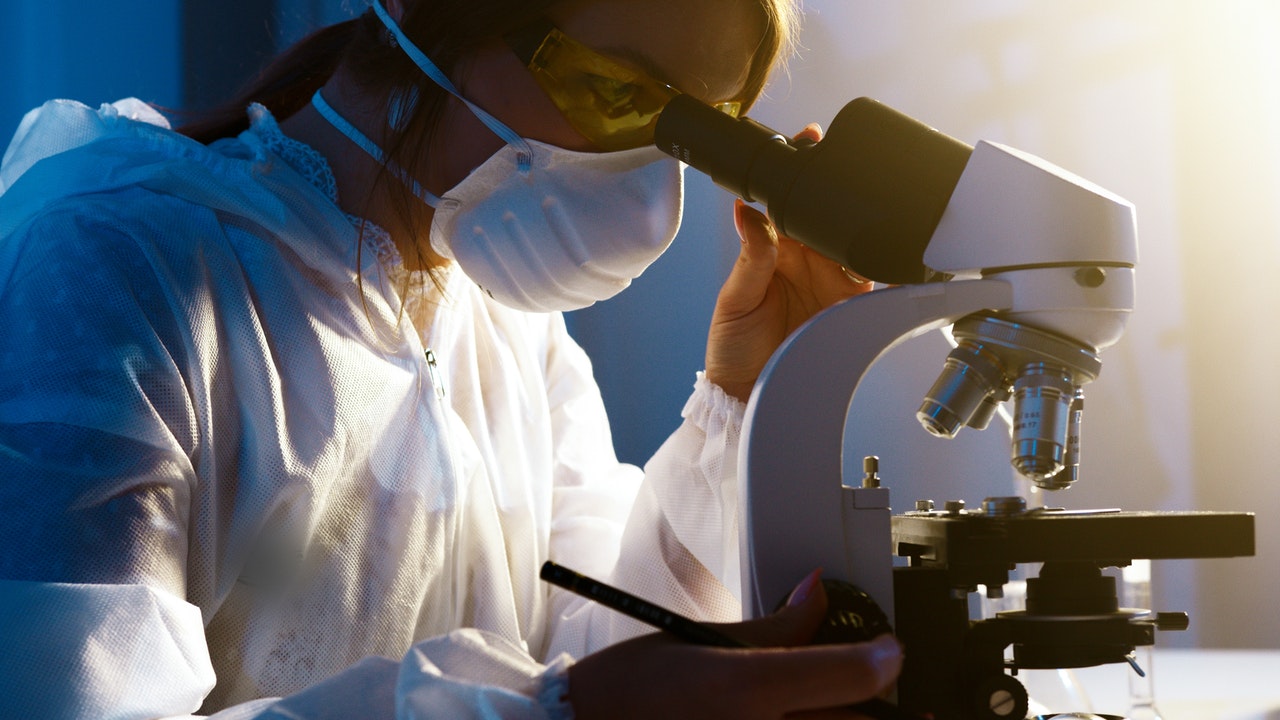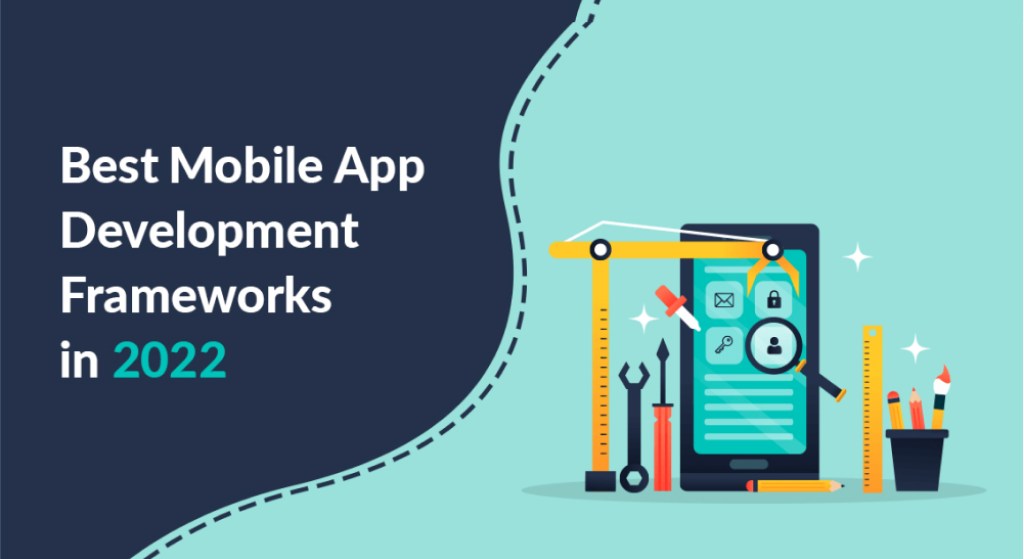Today, the healthcare industry thrives with new medical advancements and breakthroughs that drastically improve how we treat disease and illness. Within the past decade alone, several incredible innovations in medicine, diagnostic testing, and biotechnology are reshaping how we deal with disease as a whole. Here, you will learn more about some of the most recent medical advancements enhancing the healthcare industry. From telemedicine to artificial intelligence, read on to find out how these new technologies are improving patient care globally.
1. Neurotechnology
Neurotechnology is all about developing new devices and treatments that will help improve the functioning of the nervous system and brain. These advancements are helping to restore function in patients suffering from a variety of conditions. More recently, EEG headset technology has been developed that can be used to monitor the brain activity of patients suffering from seizures. This allows for the monitoring of the brain waves during sleep and waking hours to determine if there are any changes in mental function and overall health. Many other neurotechnology innovations are also on the horizon, including brain-machine interfaces that can help with rehabilitation and recovery.
2. MRNA Technology
MRNA technology is a relatively new technology that has recently gained attention in the scientific community as an encouraging tool for treating disease. This technology was first developed by scientists at the University of California, San Diego, who have used it to identify specific genes linked to conditions such as cystic fibrosis and cancer. These genes are then used to develop new drugs that can help treat these particular types of diseases. There are several other applications for this technology, which are still being explored and improved upon by scientists across the globe.
3. Artificial Intelligence
Artificial intelligence is one of the most exciting developments within healthcare. It allows computers to learn and adapt over time. This is done in a way that is very similar to the way humans learn and adapt. Artificial intelligence in the healthcare industry has been used for many years. Still, it has recently become much more advanced, with many new and exciting uses being discovered. In addition, artificial intelligence is being developed to help with the healthcare industry’s most pressing problem: data.
4. Virtual Reality
Virtual reality technology is another helpful technology advancement in the healthcare industry. It allows the creation of digital representations of real-world environments. These digital environments can provide patients with virtual experiences that are very similar to those they would have if they were actually in their desired location. This is a very effective tool for treating anxiety, phobias, and other mental health issues. Moreover, virtual reality has also been used to treat the symptoms of various medical conditions, such as PTSD, through exposure therapy.
5. Telemedicine
Telemedicine has quickly become a new and exciting way to access healthcare. This technology allows doctors to provide patients with medical advice and treatments remotely, without physically having to be present in the doctor’s office. The use of telemedicine is also a great way to support those living far away from their family, allowing them to receive treatment or advice by phone or video chat.
6. 3D Printing
3D printing is a relatively new technology that is just beginning to be used in the healthcare industry. It allows for creating a physical object with intricate and realistic designs and can be used to produce medical devices, implants, prosthetics, and tools. 3D printing is also beneficial for many other industries, including architecture, engineering, and manufacturing.
7. Health Wearables
Health wearables track a person’s health and provide real-time feedback to the user. They are being used in various ways, including tracking physical activity and sleep patterns, monitoring heart rate and blood pressure, monitoring glucose levels, providing guidance on diet and nutrition, and providing communication between patients and doctors.
Conclusion
Hospitals and medical research facilities are constantly finding new ways to improve the quality of care for patients. Whether it’s surgical innovations that make procedures more accessible, more accurate, and faster than ever before or diagnostic technology that makes it easier for doctors to diagnose conditions more quickly, numerous medical advancements are being made every day. Many of these advancements are being made due to the increased use of technology and the increased need for medical research.


